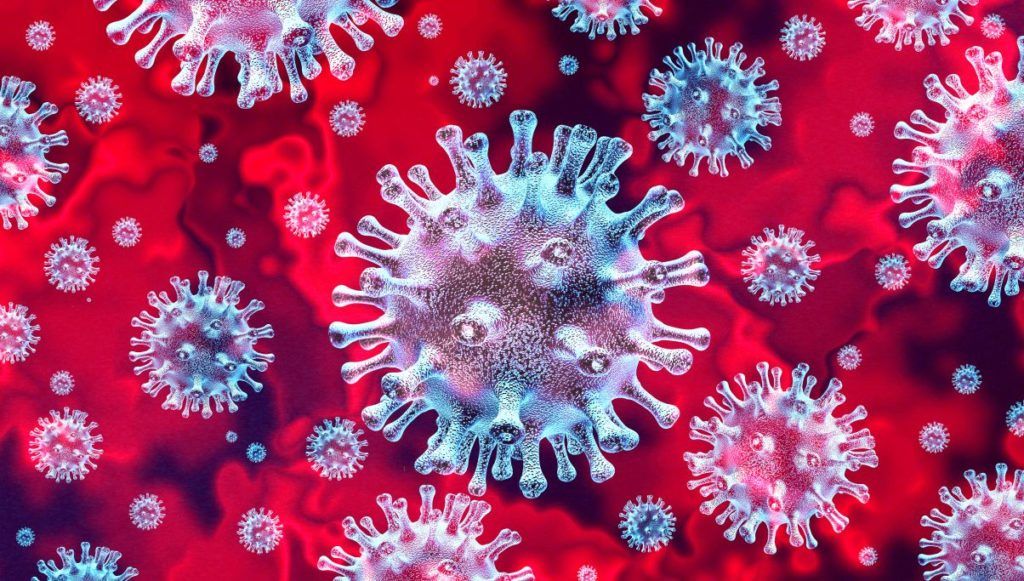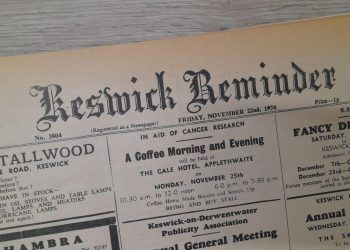
The number of new COVID-19 cases continued to drop in Cumbria with a 17 per cent fall on the previous week’s figures.
The week ending November 19 was the fourth consecutive week that cases have dropped, but numbers remain over 40 times higher than in the summer and case rates remain high.
There were 1,653 new cases, down from 1,997 the week before.
Cumbrians are encouraged to take three simple steps:
- Get vaccinated. If you’ve not been vaccinated now, it’s not too late; if you have, get your booster vaccination if you are eligible (currently over 40s) to keep your protection ‘topped-up’.
- If you have COVID symptoms, self-isolate immediately and get tested. If you are negative your self-isolation can end.
- Use lateral flow testing sensibly before visiting crowded places where the virus can easily be passed on.
Cases
- Allerdale – 320 (327 per 100,000)
Previous week – 381 (389 per 100,000) - Barrow – 314 (471 per 100,000)
Previous week – 379 (568 per 100,000) - Carlisle – 345 (318 per 100,000)
Previous week – 365 (336 per 100,000) - Copeland – 210 (309 per 100,000)
Previous week – 341 (501 per 100,000) - Eden – 189 (352 per 100,000)
Previous week – 157 (292 per 100,000) - South Lakeland – 275 (262 per 100,000)
Previous week – 374 (357 per 100,000)
Rates in all other districts were below the national and regional average rates.
For the second week in a row, the 5-11 age group had the greatest number of new cases in Cumbria with 339 new cases.
The 5-11 age group also had the greatest rate of new cases in Cumbria with 913 new cases per 100,000.
New cases in the under 50 age group accounted for 76 per cent of total new cases (compared to 72 per cent in the previous week).
Hospitalisations
Data for the week ending November 23:
- The number of new patients admitted with COVID-19 in North Cumbria Integrated Care (NCIC) decreased by three from the previous week and the average number of patients with COVID-19 in beds in NCIC also decreased by four from the previous week;
- The number of new patients admitted with COVID-19 in University Hospitals of Morecambe Bay NHS Foundation Trust (UHMB) decreased by two from the previous week and the average number of patients with COVID-19 in beds in UHMB also decreased by six from the previous week.
Deaths
In the week ending November 12, there were five COVID-19 related deaths in Cumbria, down from nine in the previous seven-day period.
Colin Cox, Cumbria’s Director of Public Health, said: “We have definitely passed the peak of this current wave, but it is unlikely to be the last. Other parts of the country are seeing case rates rising again and it could happen here too.
“This week I’ve been hearing a lot of comment from people surprised by how unwell they have felt with COVID, despite being vaccinated. The vaccine does reduce your chance of getting COVID but doesn’t guarantee you won’t get it.
“What it’s very good at doing is protecting you from becoming so ill that you need hospital treatment, but even that protection does reduce a bit over time. That’s why Government has been opening up the booster vaccination programme to younger age groups.
“Now anyone over 40 can book if their last dose was more than five months ago, and I really urge people to do that, so they have the best possible protection against getting ill.”








